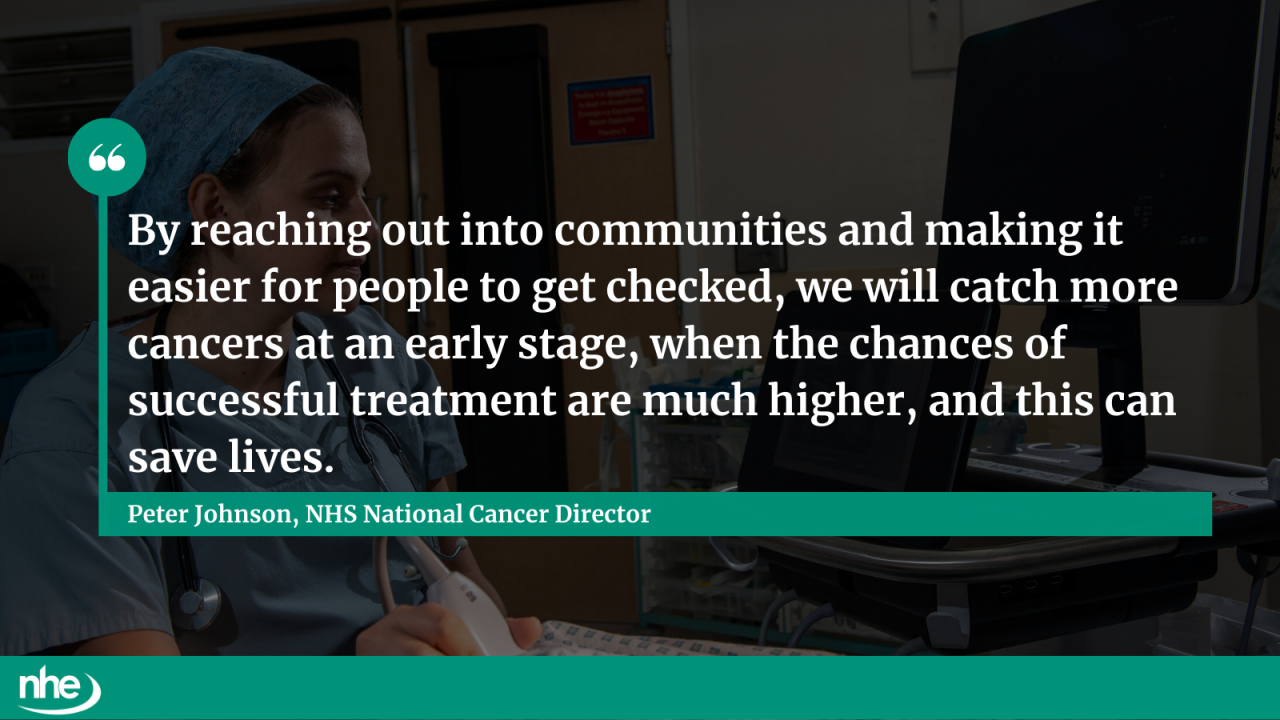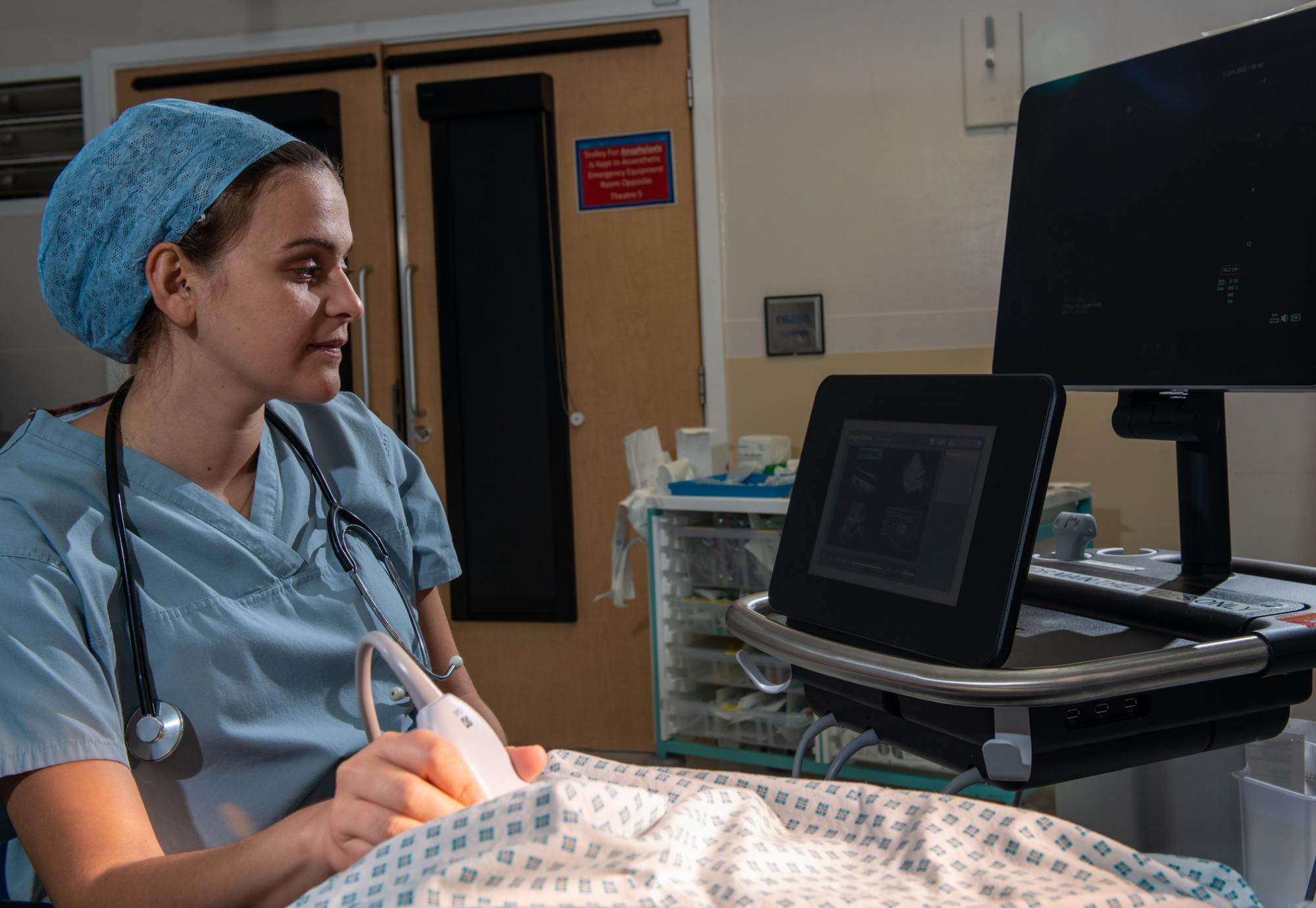Thousands more people are now being referred for potentially life-saving liver cancer checks, thanks to the expansion of the NHS’s community liver health check programme.
Since its launch, nearly 113,000 people have received a fibroscan – a quick, non-invasive liver scan – and 8,470 individuals have been referred for further liver cancer testing. The number of mobile liver scanning teams has nearly doubled in two years, with 20 roaming units now operating in every region of England, up from 11 at the start of the pilot.
The programme targets at-risk groups, including those with:
- High alcohol consumption
- Viral hepatitis (current or past)
- Non-alcoholic liver disease
- Type 2 diabetes and obesity
Scans are offered in GP practices, food banks, homeless shelters, sexual health clinics, and even at football matches, workplaces, and supermarkets, making it easier than ever for people to access testing.
If cirrhosis or advanced fibrosis is detected, patients are referred for further hospital tests and may be placed on a liver cancer surveillance programme, increasing the chances of early detection and successful treatment. Those at low risk receive tailored advice and may be referred to their GP for follow-up.
In some areas, peer support workers with lived experience of liver disease are helping patients attend appointments and understand their results.
Peter Johnson, NHS National Cancer Director, said:
“By reaching out into communities and making it easier for people to get checked, we will catch more cancers at an early stage, when the chances of successful treatment are much higher, and this can save lives.
“This programme has seen thousands more people referred for important further tests, allowing them to get vital treatment sooner alongside the support they need from the NHS to lead healthier lives.
“It’s a great example of the health service increasing its focus on prevention, as set out in the 10-year health plan.”

Liver cancer is the fastest-rising cause of cancer-related deaths in the UK, with hepatocellular carcinoma (HCC) accounting for 85% of cases. The NHS’s mobile scanning initiative is a key part of its strategy to detect cancer earlier, when treatment is more effective.
The latest NHS figures also show strong performance against the Faster Diagnosis Standard, with 76.8% of patients receiving a diagnosis or ruling within 28 days – the highest June since the standard was introduced. Over 53,000 patients also began cancer treatment within 31 days.
Image credit: iStock



















